Microbiomics —— Dimensions, Applications, and Translational Implications of Human and Environmental Microbiome Research
----- 微生物学:人类和环境微生物研究的规模、应用和转译意义
Microbiomics: Dimensions, Applications, and Translational Implications of Human and Environmental Microbiome Research describes a new, holistic approach to microbiomics. International experts provide in-depth discussion of current research methods for studying human, environmental, viral and fungal microbiomes, as well as the implications of new discoveries for human health, nutrition, disease, cancer research, probiotics and in the food and agricultural industries. Distinct chapters covering culturomics and sub-microbiomes, such as the viriome and mycetobiome, provide an integrative framework for the expansion of microbiomics into new areas of application, as well as crosspollination between research areas. Detailed case studies include the use of microbiomics to develop natural products with antimicrobial properties, microbiomic enhancements in food and beverage technology, microbes for bioprotection and biopreservation, microbial tools to reduce antibiotic resistance, and maintenance and cultivation of human microbial communities.Provides an integrated approach for realizing the potential of microbiomics across the life, environmental, food and agricultural sciencesIncludes thorough analysis of human, environmental, viral and mycetol microbiomes, as well as methods and technology for identifying microbiotesFeatures chapter contributions from international leaders in microbiomic methods, technology and applications
{{comment.content}}
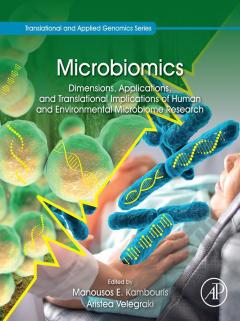
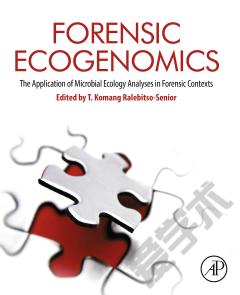
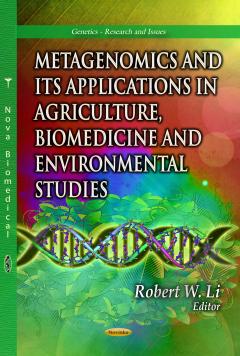

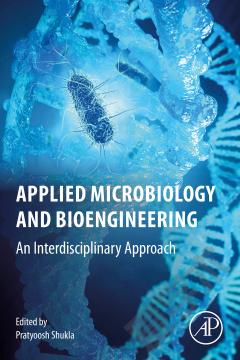
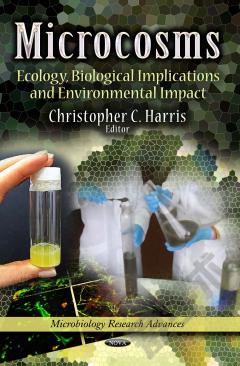
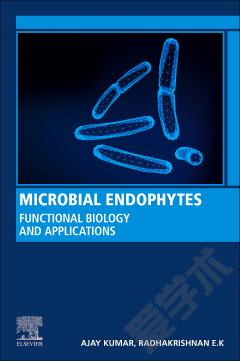

 京公网安备 11010802027623号
京公网安备 11010802027623号